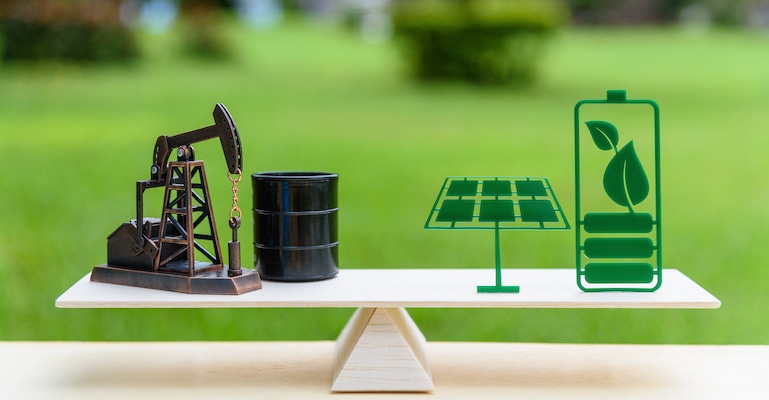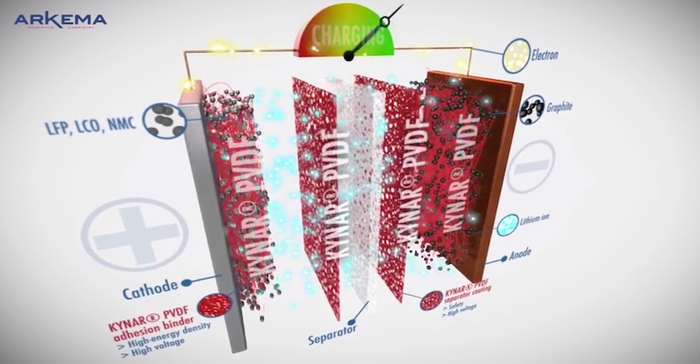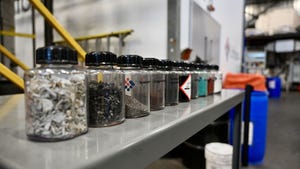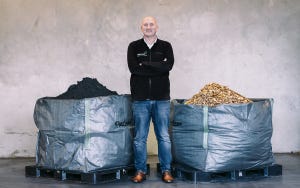A sustainable PVDF binder material made from plants can help remove petroleum products from lithium-ion battery electrodes.
July 19, 2021

This is where it gets complicated. The primary goal of battery storage is the electrification of transportation and enabling the use of renewable energy in order to reduce the amount of carbon dioxide (CO2) that is presently being released into the atmosphere by the burning of fossil fuels. But that means the steps involved in creating the batteries that are used to store electrical energy must each be examined to ensure they are also producing as little CO2 as possible.
French polymer producer Arkema has launched a sustainable Kynar PVDF (polyvinylidene fluoride) range, claiming 100% renewable attributed carbon derived from crude tall oil bio-feedstock according to a mass balance approach. PVDF is a binder material that is used in lithium-ion battery electrodes to improve the adhesion of the electrodes to the current collector and ensure uniform coverage of active materials across the electrode surface.

The high molecular weight of PVDF is key to obtaining its superior properties as a binder and the resins have proven themselves to be a good choice for highly stable electrode binders– particularly for the battery cathode.
“Arkema has been a leader in advanced bio-circular polymers for many years,” said Anthony Bonnet, Global R&D Director for fluoropolymers. “Now, we are taking a huge step forward to make fluoropolymer grades using bio-sourced carbon only. It’s a remarkable innovation that we proudly share with our customers across the world. There is a real demand for more sustainable solutions, and we are happy to play a leading role.”
According to a company news release “The crude tall oil used in upstream feedstock production is a residue of the Kraft process for wood pulp manufacture. The new Kynar CTO grades are certified to be compliant with industry-leading responsible forestry standards. They do not result in deforestation, and there is no direct competition with food crops.”
Kynar CTO PVDF grades using the mass balance approach under the ISCC+ certification process will be produced first in Arkema’s Pierre-Bénite plant in France for European customers, focusing initially on grades specifically targeted for the lithium-ion battery market. The technology allows a climate change impact reduction of almost 20% of the Kynar PVDF binder (expressed in kg eq. CO2/kg, according to the ISO14040 standard) while reducing dependence on upstream crude oil consumption.
The production of this range of sustainable PVDF grades will be extended in a second phase to each of Arkema’s global PVDF manufacturing sites and will be made available to all traditional PVDF markets and applications. Arkema has already announced a project in the United States to produce PVDF grades using fluorine derived as a by-product from the agrochemical industry, thus requiring no dedicated fluorspar mining. These grades are expected to be commercialized by mid-2022.
Kevin Clemens is a Senior Editor with Battery Technology.
About the Author(s)
You May Also Like





